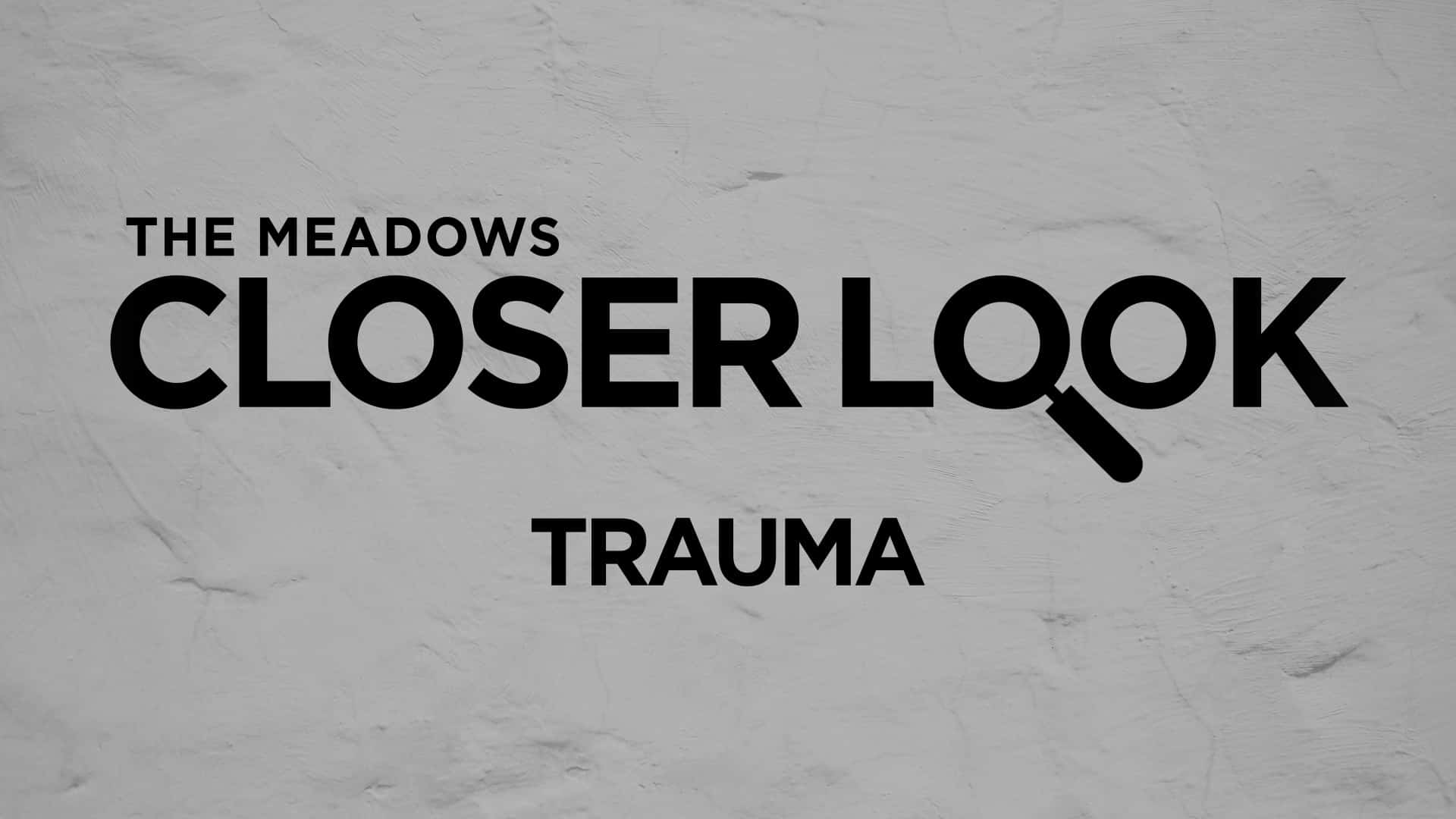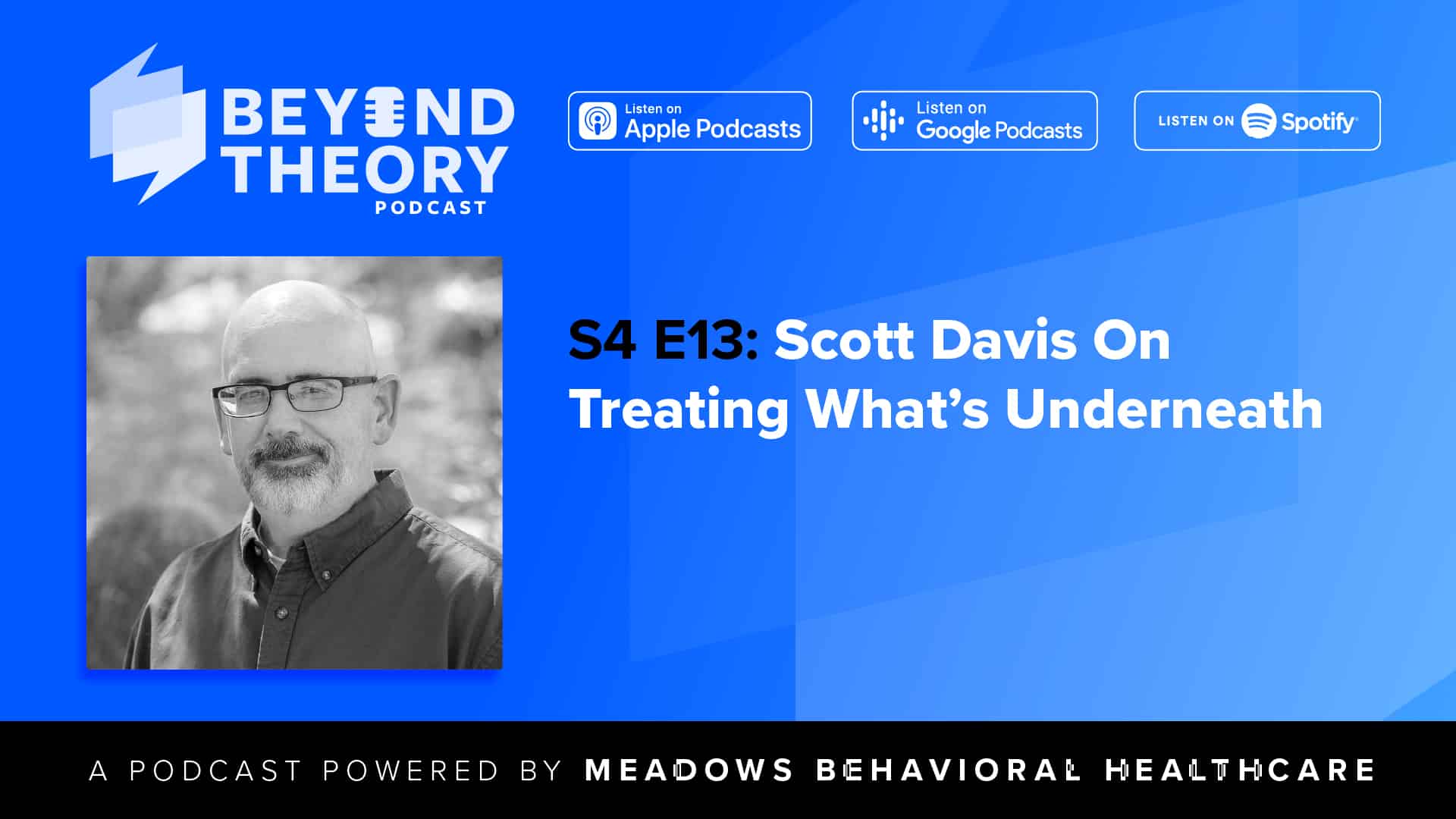Emotional Trauma
Unresolved pain from the past can cause other issues
What Is Trauma?
According to the Substance Abuse and Mental Health Services Administration (SAMHSA), “Individual trauma results from an event, series of events, or set of circumstances that is experienced by an individual as physically or emotionally harmful or life-threatening and that has lasting adverse effects on the individual’s functioning and mental, physical, social, emotional, or spiritual well-being.”
When it comes to traumatic experiences, we may think of physical or sexual assault, near-death experiences, natural disasters, or significant injuries. But the truth is that trauma is not always easy to recognize. While one kind of trauma can be tied to a specific event, another kind may result from multiple incidents that can’t always be traced back to specific dates and times.
Sometimes trauma happens immediately or over a short period of time; other times, it happens over a long period, in a way that a person may not even have recognized as being traumatic. The common thread, however, is damage to a person’s mental, physical, or emotional health.
Podcast: Treating Trauma and What's Underneath
Many times, when people seek treatment for trauma, they are addressing something that happened to them recently. However, there is often something that lies underneath that also needs to be addressed. Chief Clinical Director of Meadows Behavioral Healthcare Scott Davis makes the case that true recovery can only be reached when everything is addressed, not just the part a person is comfortable with. But how do you get a person to open up to meet them where they are?
Articles About Emotional Trauma
Admissions
Our Admissions team is here to help 24 hours a day and is experienced in assisting others with compassion, dignity, and respect — hallmark values of The Meadows for more than 45 years. The Meadows’ Admissions Specialists are here to help you on your way to a healthier and more productive lifestyle. When you call, they will lead you through a series of questions to determine if The Meadows is a good fit, and how soon your treatment can begin. If you are interested in The Meadows for yourself or a loved one, call or fill out an admissions form today!
If you are interested in The Meadows for yourself or a loved one call or fill out an admissions form today!
Contact our Admissions office
 928-260-3568
928-260-3568
For international callers
 928-668-1999
928-668-1999
Or complete an admissions contact form:
Click below to start the admissions process today




